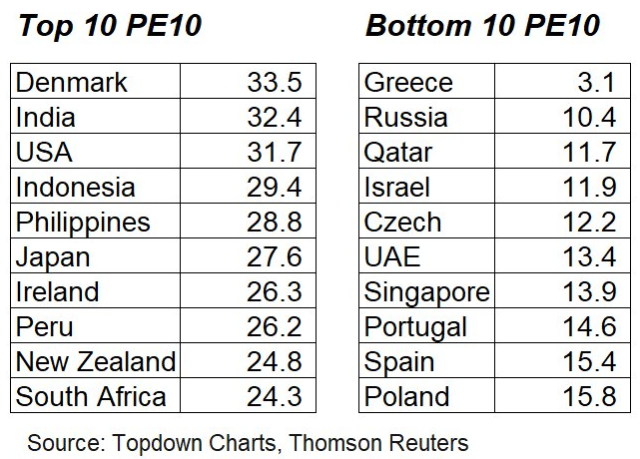Emotional stability and discipline is the foundation upon which a trader has to build his trading methodology. Without the ability to control emotions and the impulsive trading decisions emotions cause, the best trading system and the best thought-out risk management approach are useless.
I truly feel that I could give away all my secrets and it wouldn’t make any difference. Most people can’t control their emotions or follow a system. – Linda Raschke
Markets are never wrong – opinions often are. – Jesse Livermore
I don’t get caught up in the moment. – Ray Dalio
If you argue with the market, you will lose. – Larry Hite
The psychological factor for investing has 5 areas. These include a well-rounded personal life, a positive attitude, the motivation to make money, lack of conflict [such as psychological hang ups about success], and responsibility for results. -Dr. Van K. Tharp
It is hard enough to know what the market is going to do; if you don’t know what you are going to do, the game is lost. – Alexander Elder
These quote highlight the fact that, before you get into the nitty-gritty of your trading system and try to tweak your stop loss or take profit placement, you have to work on your discipline. It is not a stop loss order that should have been placed 5 points higher or lower that makes the difference between a consistently losing and a profitable trader, but the degree to how a trader can avoid emotionally caused trading mistakes.




 1. Move: Always be flexible. The beauty of the stock market is polygamy is perfectly acceptable. Never get married to a particular position or a particular strategy. The market is complex, dynamic and always changing. Learn to change with it if necessary.
1. Move: Always be flexible. The beauty of the stock market is polygamy is perfectly acceptable. Never get married to a particular position or a particular strategy. The market is complex, dynamic and always changing. Learn to change with it if necessary.